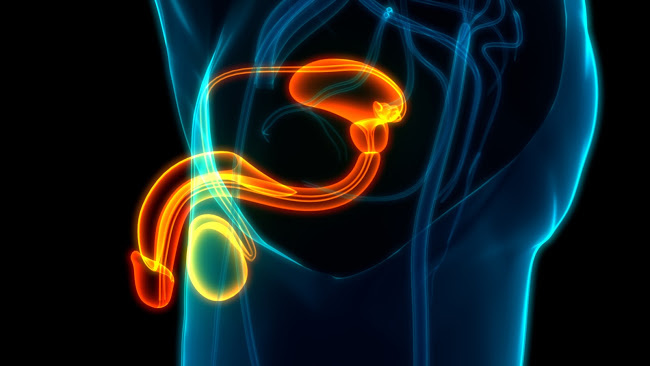
How Might Testicular Cancer Affect One’s Sexual Function?

April is Testicular Cancer Awareness Month, a time dedicated to raising awareness about this often misunderstood disease. Testicular cancer, while relatively rare compared to other cancers, can have significant implications on various aspects of a person’s life, including their sexual function and reproductive health. Understanding how testicular cancer impacts sexual health is crucial for those affected and their loved ones.
Testicular cancer primarily affects younger men, typically between the ages of 15 and 35, making it one of the most common cancers in this age group. While the exact causes are not fully understood, certain risk factors such as undescended testicles, family history, and genetic factors may increase the likelihood of developing this condition.
Treatment options for testicular cancer often involve surgery, chemotherapy, and radiation therapy, all of which can have varying effects on sexual and reproductive health.
Surgical Treatment:
Surgery is the primary treatment for testicular cancer, usually involving the removal of the affected testicle(s), known as orchiectomy. While this procedure is generally successful in removing the cancerous cells, it can have psychological and physical effects on sexual function. Some men may experience body image issues or a sense of loss of masculinity after losing one or both testicles. As testicles are important for the production of testosterone, one of the main sex hormones in the human body, the loss of one or both testicles can reduce a man’s testosterone levels and further impact his sexual health. However, many men are able to adapt and lead fulfilling sexual lives with one or no testicles.
Chemotherapy and Radiation Therapy:
Chemotherapy and radiation therapy may be recommended, depending on the stage and type of testicular cancer. While these treatments are effective in targeting cancer cells, they can also affect a person’s reproductive function. Chemotherapy, in particular, may lead to temporary or permanent infertility by damaging sperm production. Radiation therapy can also affect fertility if the treatment area includes the remaining testicle or nearby reproductive organs.
Impact on Libido and Erectile Function:
Beyond fertility concerns, testicular cancer and its treatments can also impact libido and erectile function. Some men may experience a decrease in sexual desire due to factors such as fatigue, anxiety, or depression associated with the diagnosis and treatment process.
Additionally, chemotherapy and radiation therapy can cause changes in the production and regulation of hormones such as testosterone, which plays a crucial role in sexual function. Testosterone is the primary male sex hormone responsible for regulating libido, erectile function, and sperm production.
As a result of these hormonal changes, some men may experience a decrease in testosterone levels, which can manifest as symptoms such as decreased libido, erectile dysfunction, fatigue, and mood changes. It is important to note that these hormonal changes are often temporary and may gradually improve as the body recovers from cancer treatment.
However, in some cases, especially if the testicles are significantly damaged or removed during surgery, hormonal imbalances may persist, potentially requiring hormone replacement therapy.
Emotional and Psychological Effects:
It is necessary to recognize the emotional and psychological toll that testicular cancer can have on individuals and their partners. Coping with a cancer diagnosis and undergoing treatment can be stressful and may affect intimacy and sexual relationships. Open communication with healthcare providers and support from loved ones can play a crucial role in addressing these concerns and promoting overall well-being.
Seeking Support and Resources:
For individuals navigating the challenges of testicular cancer and its impact on sexual function, seeking support and resources is essential. Healthcare providers, including urologists and oncologists, can offer guidance and treatment options tailored to individual needs. Counseling, support groups, and educational resources can also provide valuable information and emotional support for those affected by testicular cancer.
In conclusion, testicular cancer can have significant implications for sexual and reproductive function, affecting areas such as fertility, libido, and erectile function. However, with appropriate medical care, support, and resources, many individuals are able to overcome these challenges and lead fulfilling lives beyond cancer. Testicular Cancer Awareness Month serves as a reminder to prioritize regular self-exams, early detection, and open communication about sexual health to improve outcomes for those affected by this disease.
References:
- American Cancer Society. (2021). Testicular Cancer. https://www.cancer.org/cancer/testicular-cancer.html
- Net. (2022). Testicular Cancer: Treatment Options. https://www.cancer.net/cancer-types/testicular-cancer/treatment-options
- Mayo Clinic. (2021). Testicular Cancer. https://www.mayoclinic.org/diseases-conditions/testicular-cancer/symptoms-causes/syc-20352986




